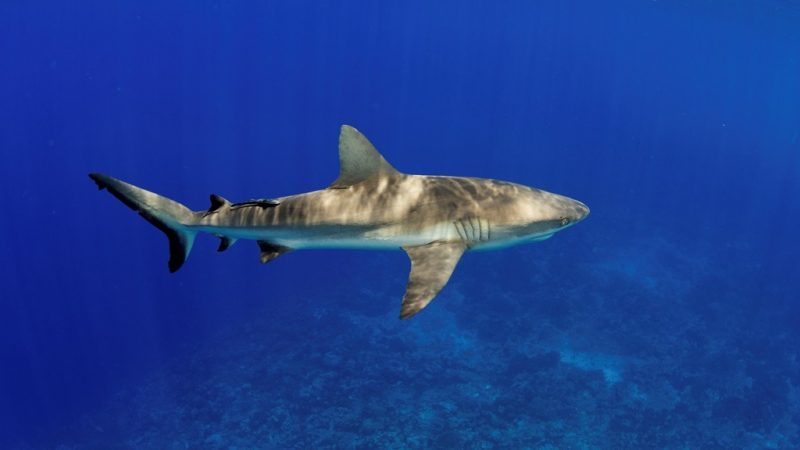The proposal of Maldives to list silky shark, Carcharhinus falciformis, on Appendix II of CITES has been adopted today by CITES COP17 in Johannesburg, South Africa. 111 parties voted in favor of the proposal out of 146 member countries present at the conference. Maldives submitted this proposal together with Bahamas, Bangladesh, Benin, Brazil, Burkina Faso, the Comoros, the Dominican Republic, Egypt, the European Union and its Member States, Fiji, Gabon, Ghana, Guinea, Guinea-Bissau, Mauritania, Palau, Panama, Samoa, Senegal, Sri Lanka and Ukraine.
Silky sharks play a significant role ecologically and economically in Maldives especially our sustainable pole and line tuna fishery. As such Maldives has always given utmost importance to the protection of silky sharks, by protecting all sharks in Maldivian waters since 2010 declaring Maldives a shark sanctuary. But as they are migratory and do not recognize boarders, protection in Maldivian waters is not enough. Globally, the IUCN Red List of Threatened Species classifies silky sharks as Threatened or Near Threatened. The Maldives experienced severe declines of silky shark populations of up to 90%, with a decrease in size. They are among the most commonly caught shark species in tuna long line and purse seine fishing gear in the Indian Ocean and worldwide. The international demand for shark fins is the principal driver behind the over exploitation of silky shark populations internationally, making them the second most traded shark species on the planet. To achieve successful implementation of the Appendix II listing of silky shark, the COP has adopted a delayed implementation period of 12 months to help ensure that Parties are able to obtain the already available identification tools, as well as provide ample time to further inform and train customs officials across the globe.
An appendix II listing of Silky Sharks will ensure that international trade is regulated and monitored. A CITES permit issued by the Management Authority of the exporting country will be required with each trade of Silky Shark in member countries.
In Maldives, however, all sharks are protected by law, where all harvest and trade of live, dead, parts or products of all sharks are banned. Hence, the listing of Silky Shark in Appendix II of CITES will ensure that species like sharks that do not recognize national boundaries and are highly migratory are not only protected in Maldivian waters, but will ensure international cooperation by all countries which will enhance sustainable use of such species worldwide.


